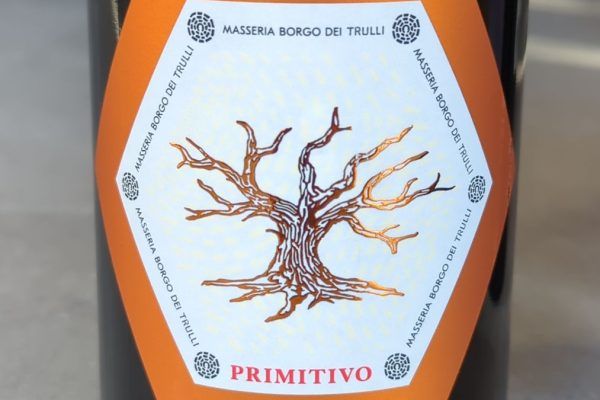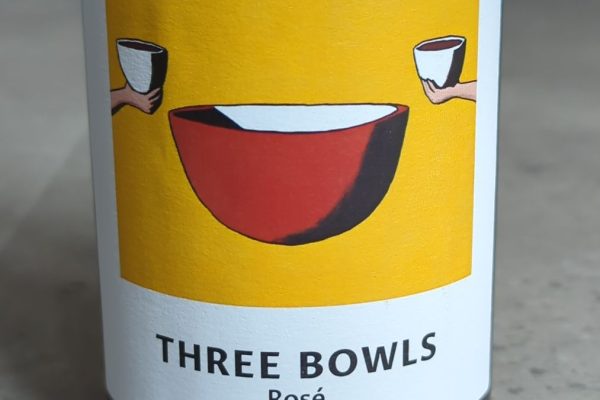
Natural wine, sometimes referred to as ‘natty wine’, is a type of wine that’s made with minimal intervention in both the vineyard and the winemaking process. Typically, this implies grapes that have been picked by hand and grown organically, with no additions. This means no added yeast, enzymes, enrichment, acidification, filtration or temperature control.
The idea behind natural wine is to let the grapes and the fermentation process work for themselves without the influence of additives or heavy-handed winemaking techniques.
Originating in the early 2000s, this term has become a buzzword in the wine community. Natural wine is often described as a style that goes beyond the certified organic and biodynamic methods. It allows the wine to ‘make itself’, leading to unique aromas and mouth-feel sensations. However, the term has been under scrutiny for its ambiguity and the confusion it has caused among wine enthusiasts.
There are several misconceptions surrounding natural wine. Some enthusiasts believe that natural wine is alive due to its fermentation process, while others label it as low intervention. Another misconception is the health benefits associated with natural wine, with some suggesting it’s healthier than other wines. However, these claims lack substantial evidence.
Some people are rethinking what were previously seen wine as wine faults, becoming more accepting of characteristics like cloudiness in natural wines. These wines often don’t fit traditional tasting standards, or controlled appellations, in Europe, leading many to be marketed by just their country of origin.














